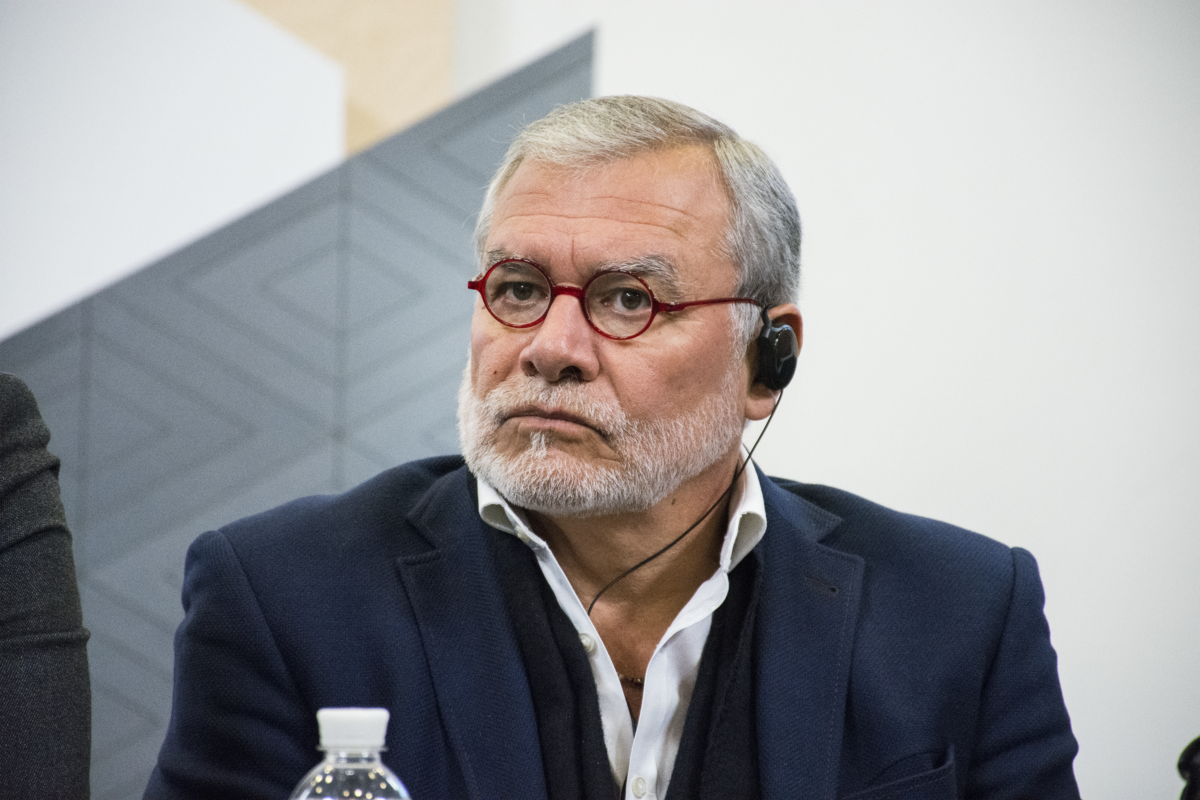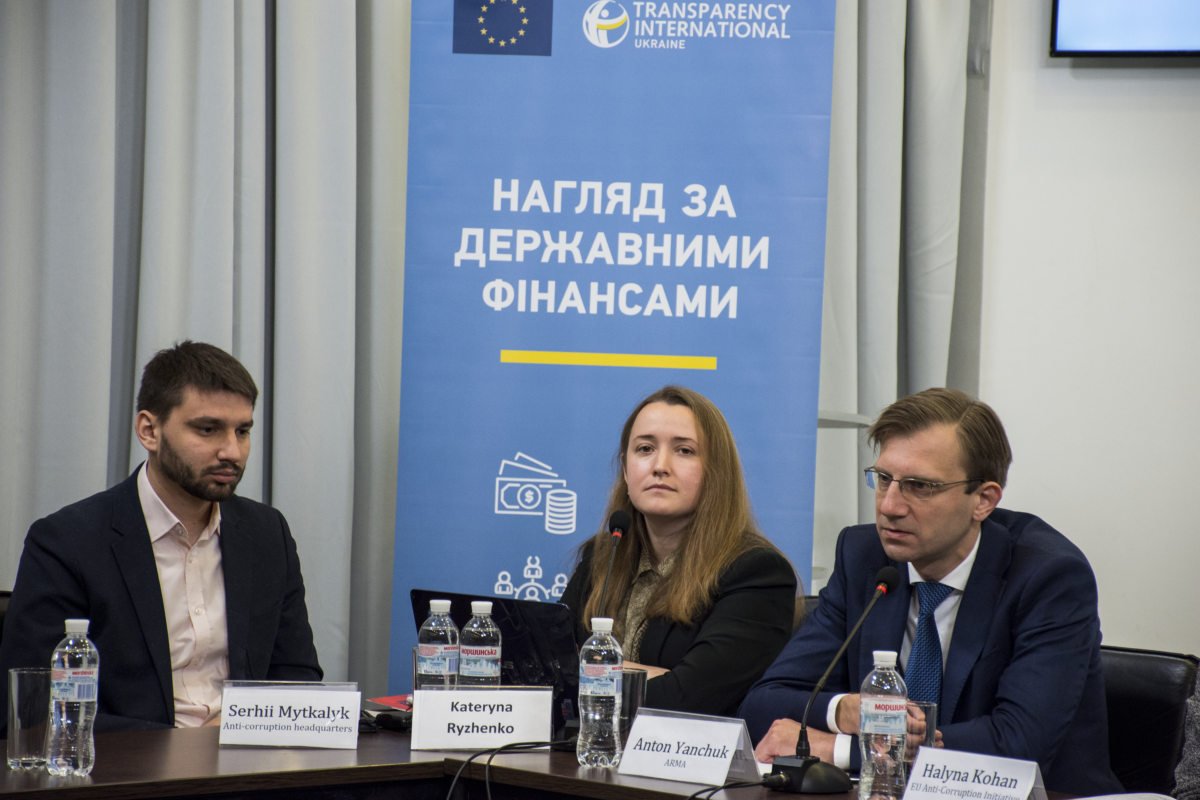

The anti-corruption ecosystem has everything it needs to fight corruption: from established institutions to the political will of the country’s public authorities.
This is what the participants of the public discussion with the participation of anti-corruption agencies’ management, representatives of the international community and experts have agreed on.
NABU director Artem Sytnyk, head of the ARMA Anton Yanchuk, EUACI expert Halyna Kokhan and executive director of Anti-Corruption Headquarters Serhii Mytkalyk have all shared their thoughts.
TI Ukraine’s executive director Andrii Borovyk said the following:
“We cannot reboot anti-corruption agencies once in five years. Because the opportunity that we had five years ago may not happen five years later. Yes, we cannot overcome corruption completely. We can reduce it. But these changes may be visible.”





We cannot reboot anti-corruption agencies once in five years. Because the opportunity that we had five years ago may not happen five years later. Yes, we cannot overcome corruption completely. We can reduce it. But these changes may be visible.
Andrii Borovyk
The special guest at the event was José Ugaz — former Peruvian special prosecutor. In the Montesinos—Fujimori case, his office started over 200 proceedings against 1500 participants of Fujimori’s network.
“We need to be doing more. Corrupt networks are coordinated and have extremely strong communication among themselves. Anti-corruption agencies, on the other hand, often start competing with one another. We have to move beyond formalities,” he said.
Mr. Ugaz visited Ukraine on the occasion of Transparency International Ukraine’s five-year anniversary with the support of the European Commission.
The event has been organized with the financial support of the European Union. Its content is the sole responsibility of Transparency International Ukraine and does not necessarily reflect the views of the European Union.
Transparency International Ukraine works with the National Agency within the project Enhancing the Role of Civil Society in Public Finance Oversight, financed by the European Union. The project aims at empowering civil society and journalists with effective anti-corruption, asset recovery and anti-money laundering tools to perform the public finance oversight, support the launch of Asset Recovery and Management Agency (ARMA) and to update the list of Politically Exposed Persons. Find out more at https://goo.gl/Jgr9ic
We need to be doing more. Corrupt networks are coordinated and have extremely strong communication among themselves. Anti-corruption agencies, on the other hand, often start competing with one another. We have to move beyond formalities.
José Ugaz






